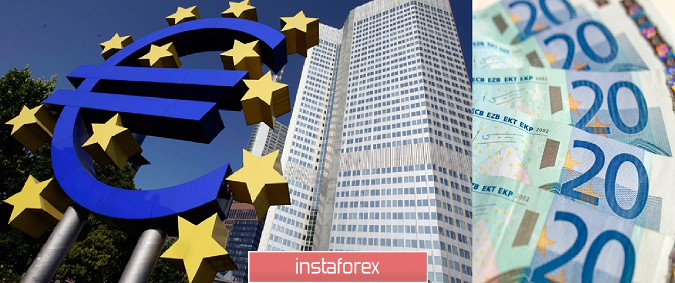
At its meeting yesterday, the European Central Bank promised to introduce new stimulus measures by December, amid lockdowns from the largest economies in the EU region.
The fact that the regulator left its policy unchanged indicates that it has every intention to stimulate the economy in order to curb the double downturn that the new quarantine restrictions threaten.
"We all agreed that we need to take action and therefore re-calibrate our instruments at our next Governing Council meeting," ECB President, Christine Lagarde, said at a press conference.
Germany and France suddenly announced new lockdowns amid the deteriorating situation with the coronavirus, while other countries have closed most of their service sectors. Nonetheless, these will still negatively hit the ongoing economic recovery.
"A coordinated fiscal stance remains critical," Lagarde said, adding that she would not be surprised if individual governments offer more fiscal support amid the worsening conditions.
As a result, doubts arise that the EU will reach full economic recovery by the end of 2022, and in addition, gives light that it will take more than one year to reach the target inflation of 2%.
The new restrictions in France forces people to stay at home and only go to work if their employer thinks they cannot work remotely. Schools, meanwhile, will remain open.
As for Germany, whose economy is already losing momentum, bars, restaurants and theaters will close in November, but schools will remain open and shops will be allowed to operate with strict access restrictions.
Spain, where the government plans to declare a six-month state of emergency, seems to already be back in recession.
Italy has also promulgated new restrictions.
With this, Lagarde said: "The ECB was a pillar during the first wave, so the ECB will be a pillar in the second wave."





















